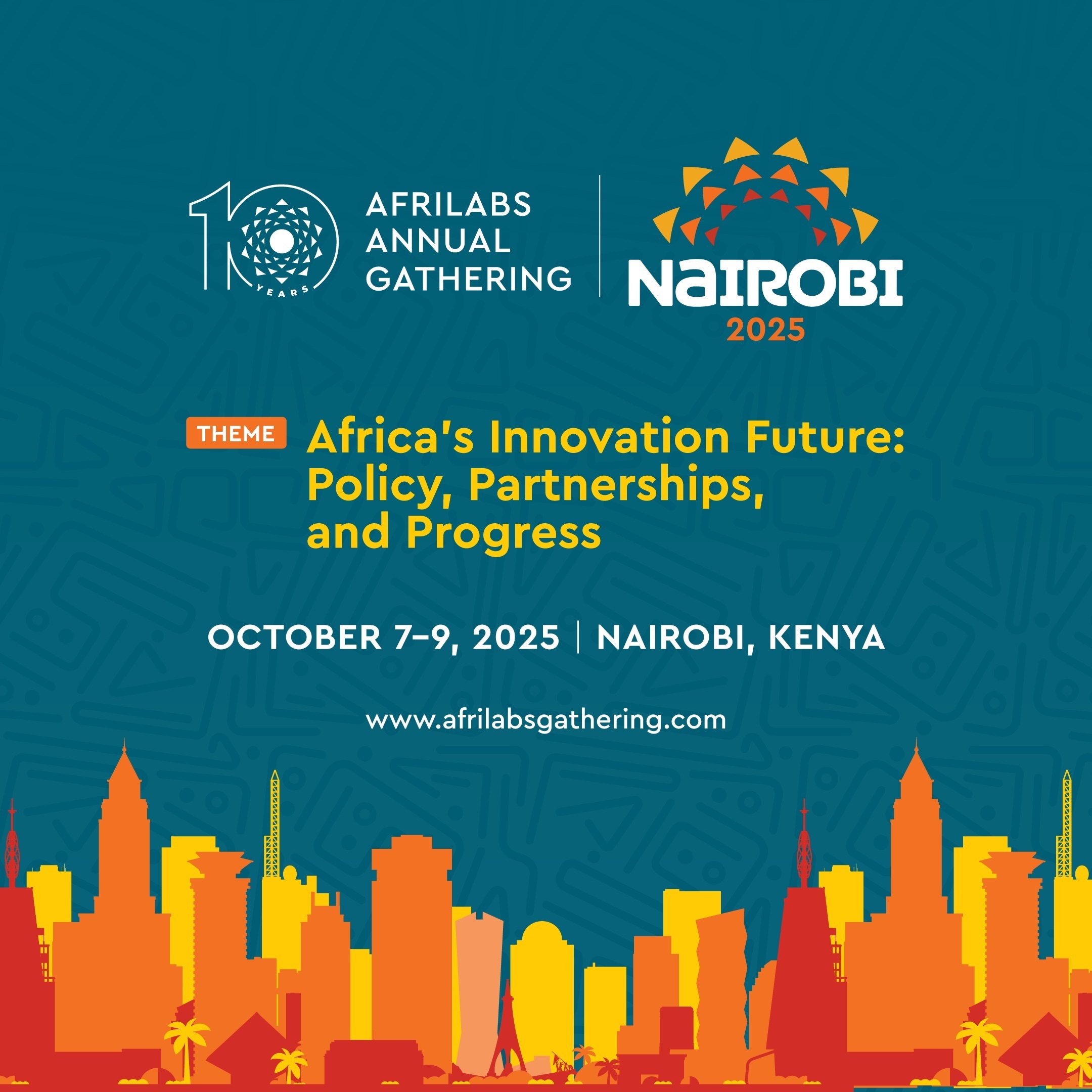First published 11 May, 2025
Rethinking what banks are for
Image | TechCabal
African economies are growing, fintech is booming, and mobile money has changed how millions handle cash. But behind all the progress lies a stubborn problem: we’ve copied banking systems that aren’t working even in the places they came from. Global banks keep failing. Big ones like Credit Suisse collapse or get absorbed. In the US, new regulations haven’t stopped scandals. In Kenya, Nigeria, and South Africa, banking is still shaped by colonial-era models, even as digital platforms leap ahead. That raises a basic but loaded question: what should a bank actually do?
Financial systems are not neutral. They shape who gets credit, who holds risk, and who controls the flow of money. Get it wrong, and you either fuel inequality or crash the economy. Right now, the structure of African banking is caught between two extremes. On one side, licenced banks are slow, cautious, and risk-averse. On the other hand, fintechs and mobile money platforms move fast, but often lack the stability and safety nets of traditional finance.
Next Wave continues after this ad.
Most African banks still mix different roles. They hold deposits, move payments, lend to governments, and dabble in corporate finance. That sounds efficient, but it creates hidden risks. If a bank uses customer deposits to chase high returns and loses the bet, who picks up the tab? In many cases, the public does. That’s what happened with collapsed banks like Chase Bank and Imperial Bank in Kenya, and the massive bailout of Union Bank in Nigeria years ago. Regulation tightens, but the model stays the same.
A growing number of economists argue it’s time to split banking functions. This idea isn’t new. In the 1930s, the US introduced the Glass-Steagall Act, which separated commercial banking (deposits and payments) from investment banking (risk-taking and capital markets). It was repealed in the 1990s. Since then, global banks have become bigger, more complex, and harder to regulate. The 2008 crisis showed what happens when the line between safe and risky finance disappears.
Next Wave continues after this ad.
One proposal that’s making a quiet comeback is “narrow banking”. Think of it this way: one kind of institution handles your everyday payments and savings. It holds only safe assets like government bonds and doesn’t make risky loans. Another type of institution raises money for investment, like housing or infrastructure, but does so without leaning on insured deposits. The two don’t mix. If the investment bank goes bust, it doesn’t bring down the payment system with it.
It sounds neat, but it’s far from simple. Narrow banking could make it harder for banks to fund private sector growth, especially in places where public spending is weak. That’s a big deal in African markets, where credit is already tight and expensive. If banks can’t lend as freely, will governments pick up the slack? Will central banks become the main providers of credit? Or do we risk a new kind of financial drought?
Next Wave continues after this ad.
Some might argue we’re already there. In Kenya, mobile money wallets like M-PESA dominate transactions but don’t directly fund business growth. In Nigeria, fintech lending apps are everywhere, but few can scale sustainably. In Ghana, the banking clean-up shrank the sector and left a vacuum for informal lenders. Without a rethink, we’ll keep patching a broken model.
The next wave of banking in Africa won’t just be about who builds the best app, but about who dares to ask: should banks still do everything, or is it time to draw clear lines? And if we separate safe money from risky money, who gets left out? There’s no easy answer, but the time for lazy fixes is long gone.
Next Wave ends after this ad.
Kenn Abuya
Senior Reporter, TechCabal.
Feel free to email kenn[at]bigcabal.com, with your thoughts about this edition of NextWave. Or just click reply to share your thoughts and feedback.
We’d love to hear from you
Psst! Down here!
Thanks for reading today’s Next Wave. Please share. Or subscribe if someone shared it to you here for free to get fresh perspectives on the progress of digital innovation in Africa every Sunday.
As always feel free to email a reply or response to this essay. I enjoy reading those emails a lot.
TC Daily newsletter is out daily (Mon – Fri) brief of all the technology and business stories you need to know. Get it in your inbox each weekday at 7 AM (WAT).
Follow TechCabal on Twitter, Instagram, Facebook, and LinkedIn to stay engaged in our real-time conversations on tech and innovation in Africa.





